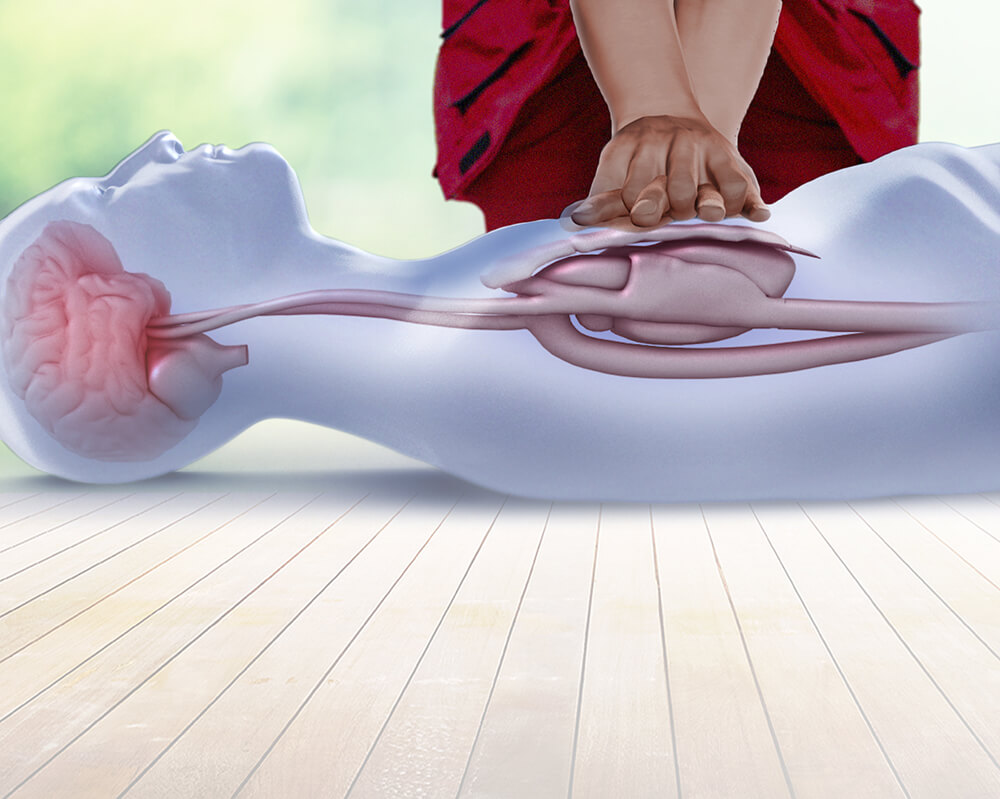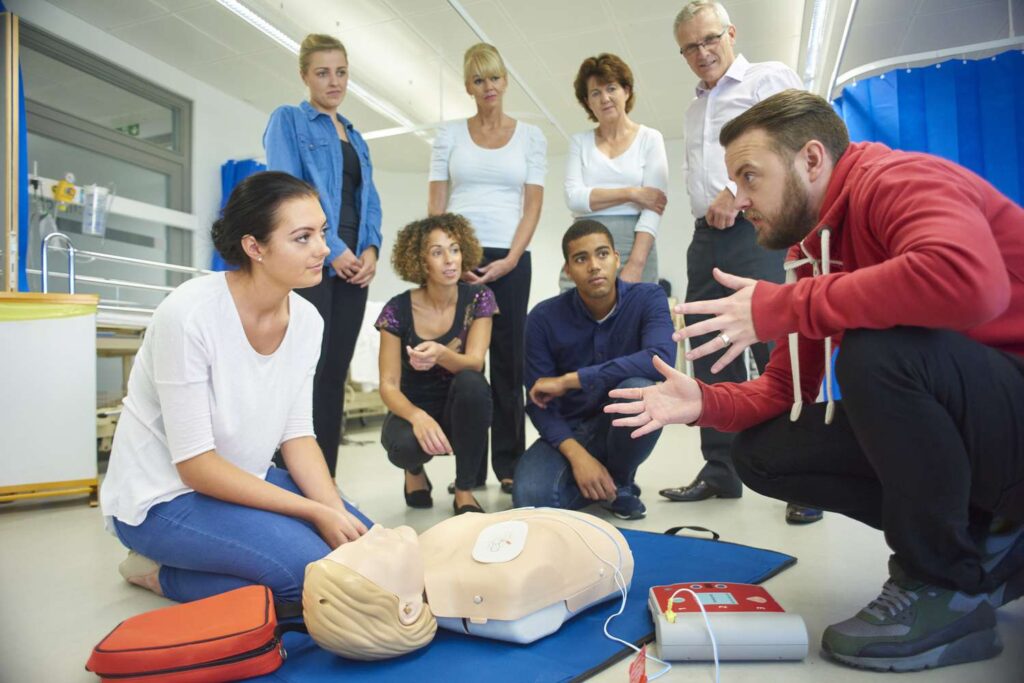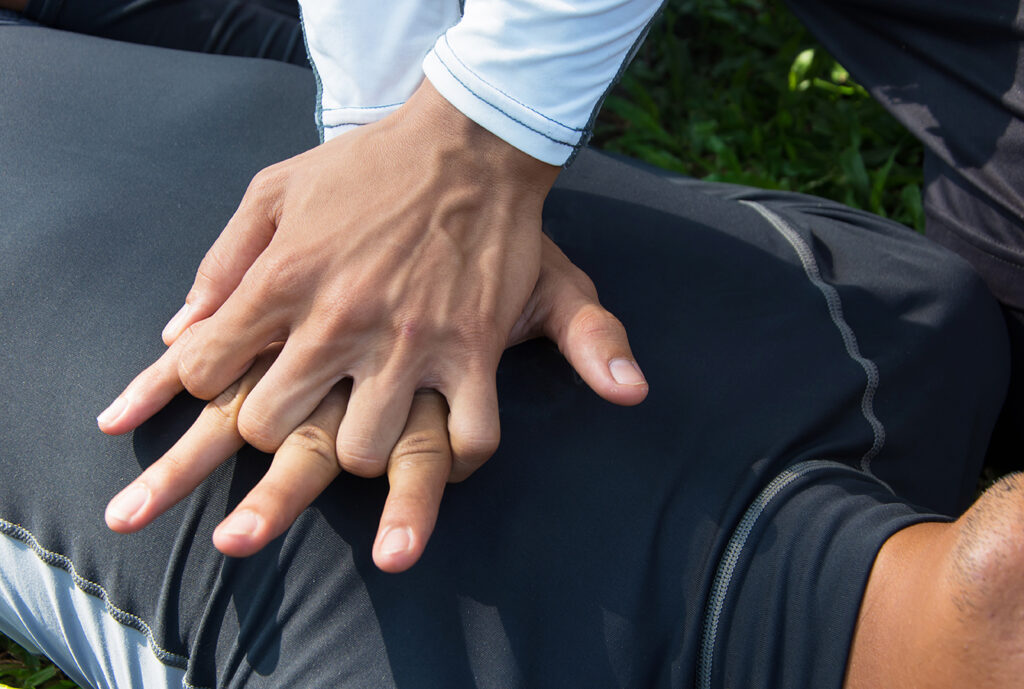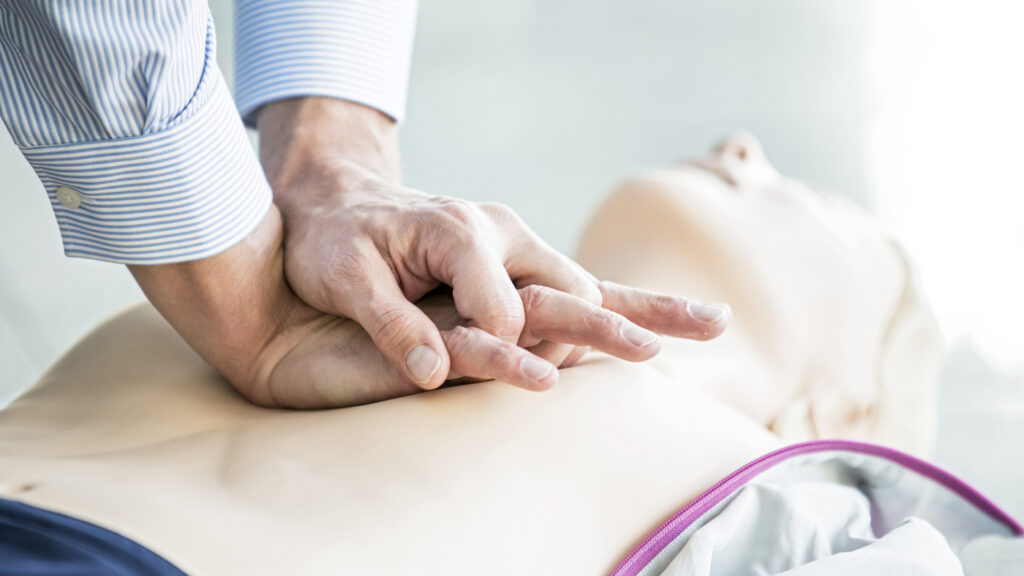
Many people wonder how difficult it is to learn CPR. Some worry it may be complicated or require advanced medical knowledge. Others may think it is time-consuming. The truth is that anyone can learn CPR. It does not demand prior experience in healthcare. You only need commitment and a willingness to learn. CPR is a practical skill that can make a huge difference in saving lives. It is worth taking a closer look at what to expect before starting your first class.
Table of Contents
Key Points:
- CPR is not difficult to learn.
- No prior medical experience is needed.
- It is possible to learn in a short time.
- Learning CPR can help save lives.
- Choose the right course provider.
What Makes CPR Easy to Learn?

Source: verywellhealth.com
CPR focuses on simple, structured actions that are easy to remember. It revolves around chest compressions and rescue breaths. You do not need to memorize complex information. Instructors guide students through each step using straightforward instructions and demonstrations. The movements become second nature with practice. Repeating the process in a controlled setting helps reinforce the technique, which boosts confidence.
MyCPR NOW offers a convenient way to learn CPR. With courses designed for quick access and immediate use, the site provides materials and certifications that teach you life-saving skills without overwhelming content. You can view their certifications and learn more about the program here.
Time Commitment
Some people believe that learning CPR takes a long time. That is not true. Most courses only take a few hours. During that time, you will practice the core actions until they become familiar. The focused nature of the classes makes the learning process efficient. You spend less time studying and more time practicing.
Online courses offer flexibility. You can study at your own pace and revisit lessons when necessary. This reduces pressure and gives you a chance to master each skill without feeling rushed. The process is about repetition and practice, not memorizing long lists of facts.
Confidence and Practice

Source: emergencyfirstresponse.com
There is concern that mistakes could cause harm. In fact, it is almost always better to attempt CPR than to wait for emergency responders to arrive without acting. Many situations only require basic chest compressions, which are the foundation of the procedure.
Confidence comes through repetition. Instructors provide hands-on practice, which helps solidify the process in your mind. The movements become familiar after multiple rounds of guided practice. That allows you to act decisively during real emergencies. Training will also clear up any misconceptions you may have about the process.
What You Need Before Taking a Class
You don’t need special equipment to attend a class. You will be provided with everything necessary for practice. All you need is comfortable clothing and a willingness to participate in hands-on learning. Online classes offer an even easier setup, as you can learn at home without special tools.
Some CPR classes offer a blend of online and in-person learning. The flexibility allows you to fit training into your busy schedule. No matter which format you choose, the skills remain consistent. The focus stays on practical, lifesaving actions that anyone can perform.
Is CPR Physically Demanding?

Source: npr.org
Some fear that it might be too strenuous. While it does require some effort, it is not difficult for most people. Chest compressions need firm, steady pressure, but the technique does not require a lot of strength. Anyone can do it, regardless of physical fitness.
The main goal is consistency. Maintaining a steady rhythm is more important than applying too much force. Once again, practice is key. Classes give you time to build up the endurance needed to perform CPR effectively. Instructors guide you on how to use your body weight to deliver compressions without exhausting yourself.
Certification and Recertification
After completing the class, you will receive certification. This proves you have the skills to perform CPR in emergencies. Most certifications last for two years. It’s important to keep your certification current by taking a refresher course when necessary. Online recertification options make it easy to stay up-to-date without needing to attend in-person sessions again.
In addition, you can use online resources to keep your skills sharp. Many providers offer video demonstrations and practice guides that can be accessed any time. Keeping your knowledge fresh ensures that you are always ready to help when needed.
Final Thoughts
Learning CPR is one of the most valuable skills anyone can have. It is not difficult to master, and you do not need a medical background to learn it. Courses are designed to be accessible, practical, and easy to follow. You will walk away with the confidence needed to act quickly during life-threatening situations.
Taking a class can be the difference between life and death for someone in need. Think of it as an investment in the safety and well-being of your family, friends, and community.







